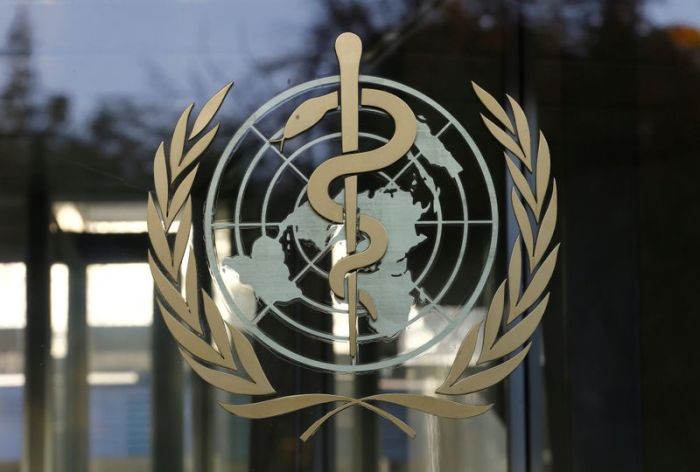SAO PAULO (Reuters) – LATAM Airlines Group <LTM.SN> said on Wednesday its Argentine subsidiary will cease operations indefinitely, canceling all domestic flights, its first major cutback since filing for bankruptcy protection.
The announcement fell short of saying the company, Latin America’s largest airline, will entirely wind down its subsidiary, although it is unclear if it will ever resume operations.
A LATAM spokesman said the subsidiary will begin a government process in Argentina before it can lay off 1,715 employees.
The airline said it will not fly domestically in Argentina but will maintain international flights, managed by other subsidiaries.
LATAM blamed the decision in part on Argentina’s government, which has imposed one of the world’s toughest travel bans, drawing an outcry from the industry.
LATAM said “local industry actors” in Argentina had been difficult to deal with and “made it impossible to foresee a viable and sustainable long-term project.” LATAM’s competitors have accused Argentina’s government of blindsiding them.
A source at Argentina’s transport ministry, which regulates air traffic, argued nothing had been decided yet.
“We have to wait for LATAM to meet with the labor ministry,” the source said.
Airlines around the world are reeling from the coronavirus pandemic but especially so in Latin America, where governments have been reluctant to offer state aid to carriers while also imposing tougher travel bans than in other regions.
LATAM’s top rival, Colombia’s Avianca Holdings <AVT_p.CN>, has also filed for bankruptcy protection and liquidated its subsidiary in Peru.
Argentina’s market is dominated by state-owned airline Aerolineas Argentinas. LATAM was the No. 2 player in the country, followed by ultra low-cost rivals Flybondi and JetSMART, which have made significant inroads in recent years.
LATAM also operates domestic flights in Chile, Peru, Brazil and Colombia. The Argentine unit is not part of its bankruptcy restructuring process.
(Reporting by Marcelo Rochabrun in Sao Paulo; Additional reporting by Eliana Raszewski in Buenos Aires; Editing by Steve Orlofsky and Matthew Lewis)























